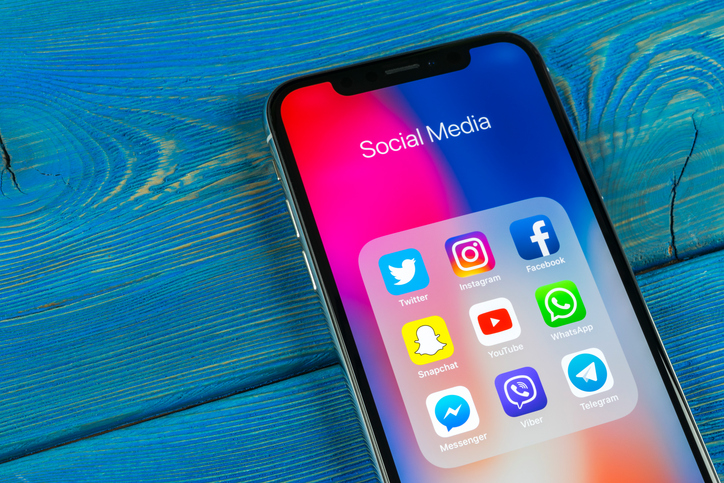In a recent Detroit News article entitled “Cellphone suspensions: Schools lock away digital distractions, Dr. Paul Weigle, associate medical director of ambulatory services at Natchaug Hospital in Mansfield, was quoted as relating increased screen use to mental health problems in youths.
Dr. Weigle was speaking as a board member of Children & Screens, a national advisory board created to “help children lead healthy lives in a digital world.” We asked him a few questions about the group.
Q: What is the purpose of Children & Screens?
A: The purpose of our organization is to foster understanding of screen media’s impact on child health and development through rigorous, objective research bridging the medical, neuroscientific, social science, education and academic communities, and educating the public regarding the most important research findings and how they may inform parenting, education, healthcare and legislation.
Q: What prompted the creation of the board?
A: Dr. Pamela Hurst-Della Pietra (Children & Screens founder) has long been curious to understand the impacts of her own children’s technology habits. She started Children & Screens in 2013 to provide a forum for researchers, clinicians and other experts from a wide variety of disciplines to collaborate, fund important research and, ultimately, provide parents and educators with the answers they need to raise happy and healthy children in our times.
Q: How much has screen time in our youth increased in the past 20 years?
A: Extensive research generated by the Kaiser Family Foundation, recently continued by Commonsense Media, reveals that the average amount of time youth ages 8 to 18 spend with entertainment screen media has nearly doubled in the past 20 years. The greatest increases have been in time spent online, which has tripled and time spent playing video games, which has quadrupled.
Q: Does this translate into an increase in mental health problems in youth? In what way?
A: Increases in youth screen time have complicated effects on health, which vary greatly. Studies indicate that youth who spend the most time with screen media are the most prone to depression, behavior problems, low self-esteem and poor physical fitness, although proving cause and effect is difficult. The massive increase in screen time among youth is associated with decreases in violent crime, pregnancy and substance use, but increases in obesity, suicide and insomnia. Kids are spending much less time socializing in person and reading for enjoyment, which is also concerning.
Q: Is screen time something of an addiction?
A: For most young people who spend an unhealthy time on screens, their behaviors represent an unhealthy habit and not a true addiction. However, a substantial amount of research evidence shows that technology use, particularly online video game play, can become an addictive habit for some young gamers. Their extreme gaming habits take over their lives, causing significant problems in everyday functioning, but affected youth lose control over their ability to moderate their gaming.
Q: What can adults do to help?
A: Adults can help children to develop a healthy balance by encouraging ample daily time for adequate sleep, family activities, chores, in-person socializing, homework and reading for enjoyment, activities which should take priority over screen time. This involves being a good example, as well as supervising and, often, setting limits. Certain places and times should be screen-free zones, such as the bedroom, dinner table, classroom and bedtime hours. Parents can enjoy watching videos and playing games with their children in order to understand their child’s media habits and guide health use. Finally, parents of infants and young children should delay introducing screen media into their lives to promote healthy development.
For more information on services available at Natchaug Hospital in Mansfield and other locations, click here.


